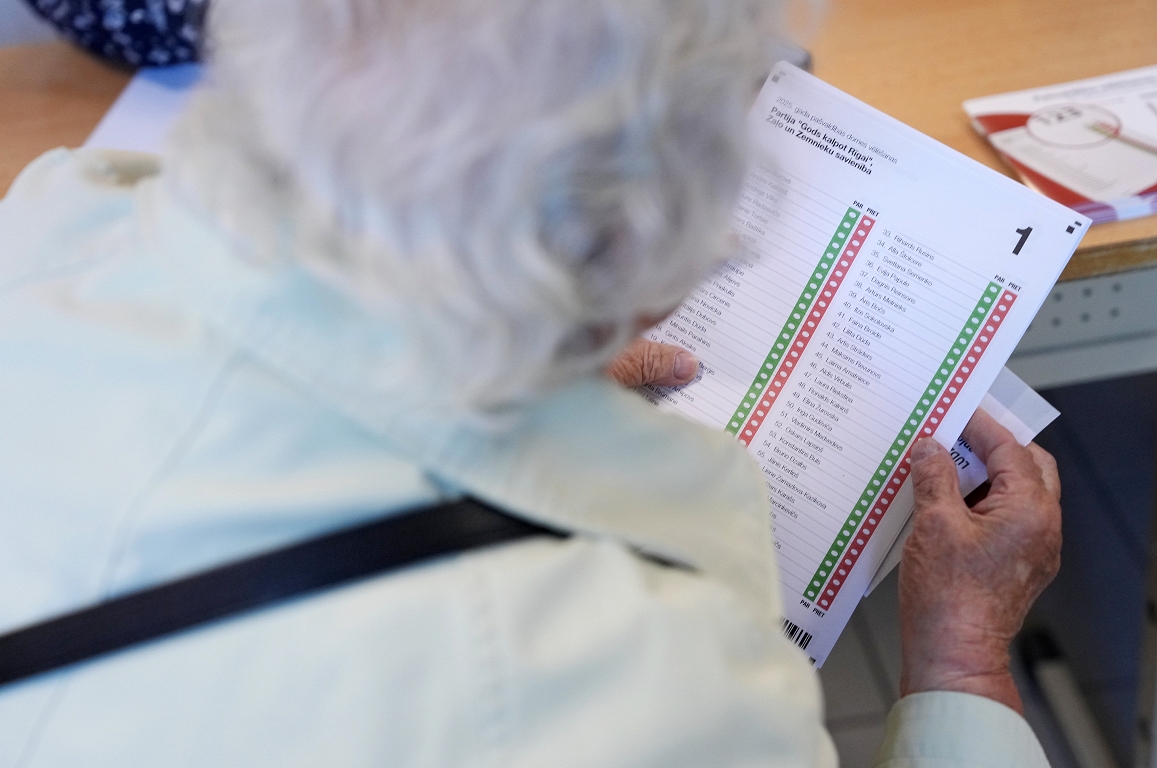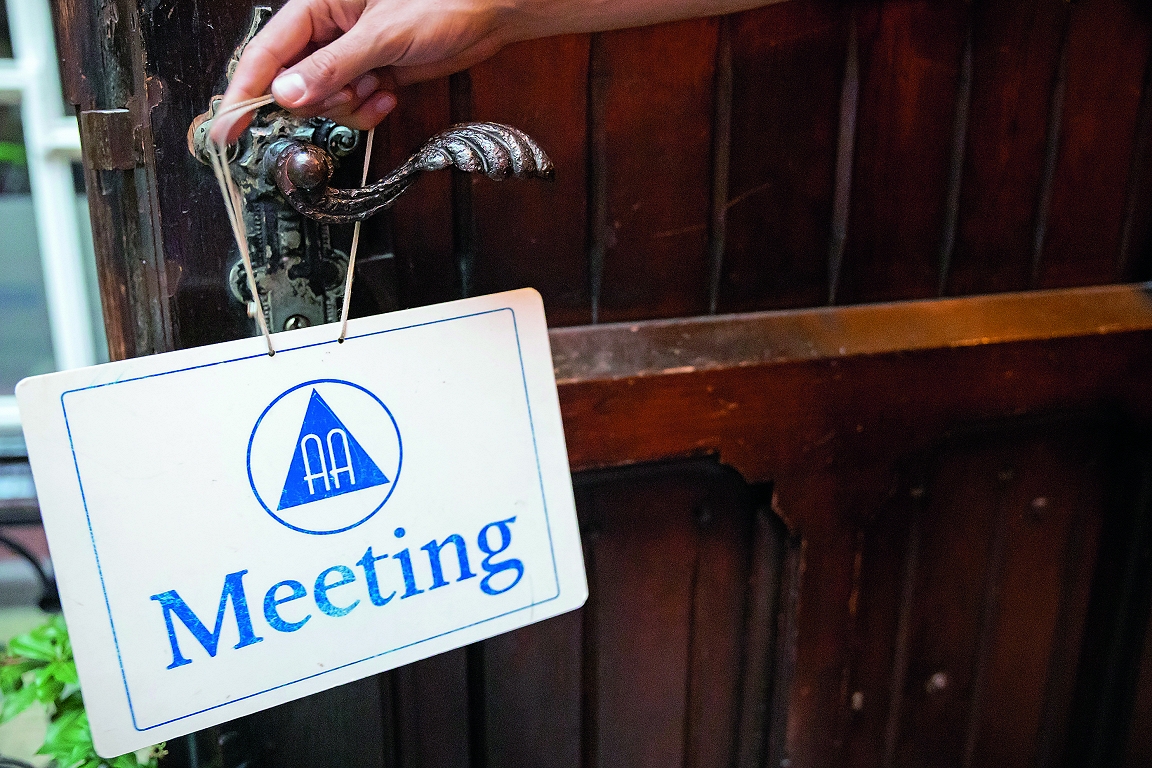In Latvia, ten dangerous toxin -forming intestinal sticks infections / day

Eight children aged three to six years, as well as two seniors. All patients, except one senior, are treated in hospitals.
In case of illness, found in Riga, Salaspils, Adazi region and South Kurzeme municipality.
Ten reports of laboratory -confirmed infections have been received since March 19.
Currently, the SPCC conducts an epidemiological examination. An in -depth survey of patients and parents of children, as well as communication with preschool educational institutions, is conducted to determine the epidemiological situation. The Food and Veterinary Service (FVS) has also been informed.
FVS spokeswoman Ilze Meistere told LETA that the service received information on cases on Monday afternoon and educational institutions in which the ill children had learned. The FVS plans to carry out all the necessary checks on Tuesday, March 25.
Laboratory investigation of children and food block staff in a pre -school educational institution, which registers two affected, organized. In other cases, recommendations have been sent to the pre -school institutions and decisions on future action will be made.
Information obtained during the initial epidemiological examination does not indicate that the spread of infection is related to a particular body. Although the potential source of infection has not yet been identified, anyone can take simple measures to prevent infection, the center points out.
The SPCC explains that all people and animals in the gut have bacteria called Escherichia coli (E. coli) or intestinal stick. They are part of our normal bacterial flora and usually harmless. However, there are specific strains of E. coli, which are able to form toxins or poisonous substances and cause serious illness.
These strains are called Stec/VTEC (E. Coli, a toxin or Verotoxin). They can cause severe, bloody diarrhea, which in some cases causes acute renal failure, which requires intensive care.
The main reservoir of these strains is herbivorous animals, especially cattle. The cause is excreted from the animal or from the human body with feces. A person can become infected by consuming infected foods, under -heat -treated beef, uncooked milk, unwashed or raw fruits or vegetables. Transfer of infection directly from person to person is also possible.
The SPCC reminds food to be treated for a thermally, rinse under running water, and in particular products that will not be heated before consumption. If symptoms of infection – cramping abdominal pain or bloody diarrhea – should be contacted immediately by your doctor.
In Latvia, this infection was recorded in 42 cases last year, but this year there have been 18 cases registered so far. On average, four to five cases of this infection are recorded per month, the SPCC points out.








